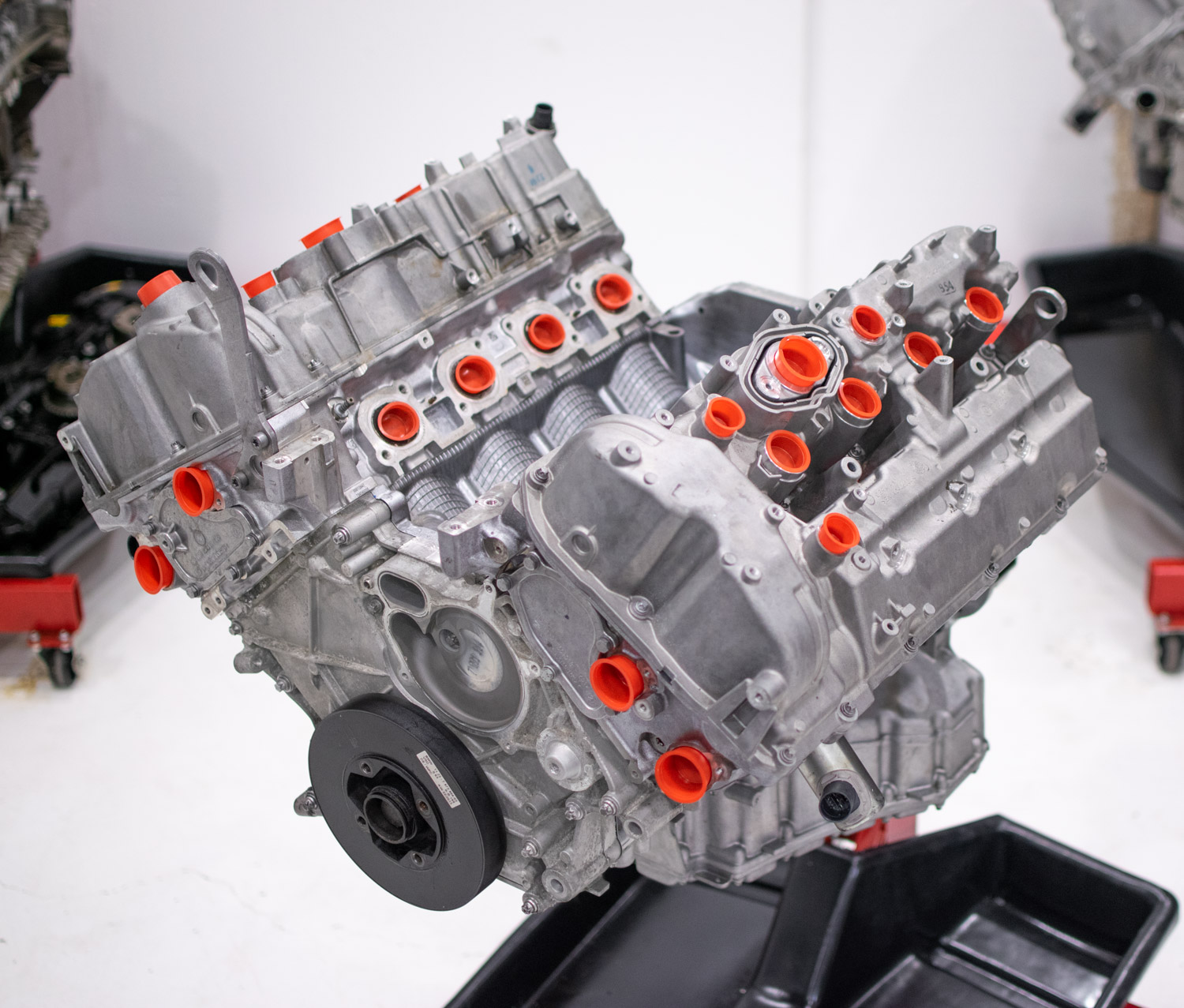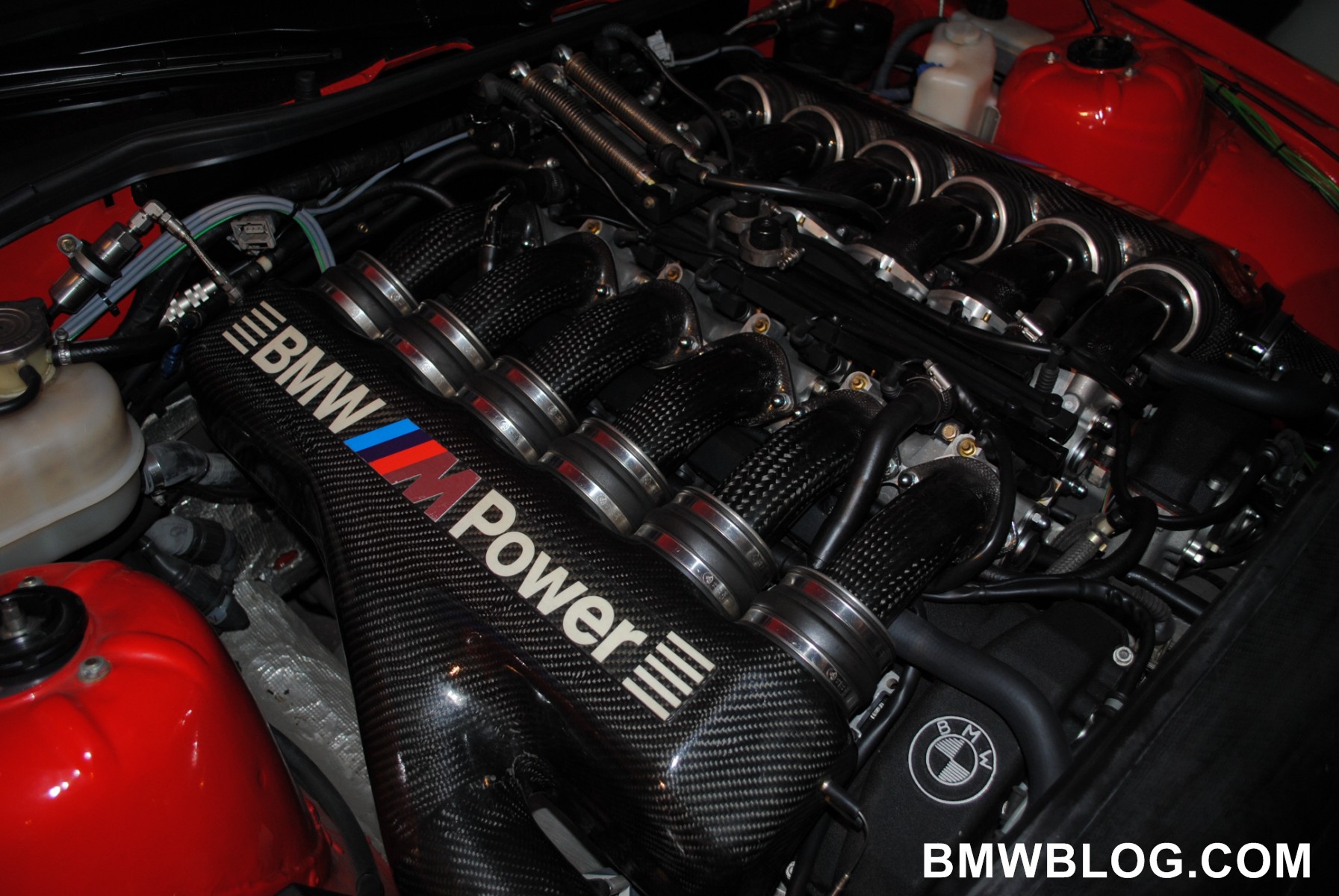Leading 5 BMW Engine Technologies Changing the Automotive Market
Leading 5 BMW Engine Technologies Changing the Automotive Market
Blog Article
Unveiling the Intricacies of Next-Generation Power Units: a Deep Study Advanced Engine Layouts and Technologies
As we stand on the precipice of a new period in transport, the intricacies of next-generation engine layouts beckon us to discover the innovative innovations and innovations that assure to redefine the driving experience. Delving much deeper into the realms of exhaust control, smart engine administration systems, and the horizon of power unit growth, we find ourselves on the cusp of a makeover that assures to improve the landscape of movement as we understand it.
Development of Engine Materials

The shift towards progressed engine materials has actually additionally made it possible for engineers to develop engines with greater power results while preserving gas performance criteria. For example, using light-weight materials lowers the total weight of the engine, leading to improved fuel economic climate and lower discharges. Additionally, developments in products innovation have enabled better thermal monitoring within engines, resulting in increased dependability and durability.
Turbocharging and Supercharging Technologies
Just How do Turbocharging and Supercharging Technologies transform engine efficiency and performance in modern-day cars? Turbo charging and turbocharging are innovations that dramatically enhance engine efficiency by increasing the quantity of air intake into the combustion chamber. Turbocharging attains this by using a turbine driven by exhaust gases to pressurize the intake air, while turbo charging utilizes a belt- or chain-driven compressor to accomplish the exact same impact.
These technologies make it possible for smaller, a lot more fuel-efficient engines to generate power equal to larger ones, referred to as downsizing. By compeling even more air right into the cylinders, turbocharging and supercharging boost combustion efficiency, leading to enhanced horse power and torque result without a significant increase in engine dimension. This leads to better acceleration, pulling capacity, and overall driving efficiency.
Moreover, turbocharging and turbo charging add to improved fuel effectiveness by enabling the use of smaller sized engines that consume less fuel under typical driving conditions - bmw engine. This combination of boosted efficiency and performance has made turbocharging and turbo charging integral components of numerous modern engine styles
Discharge Control and Environmental Effect
With enhancing worldwide issues regarding air top quality and ecological sustainability, the application of exhaust control innovations in automobiles plays a vital duty in reducing unsafe pollutants launched into the atmosphere. Modern cars are geared up with advanced emission control systems that aid decrease the ecological effect of automobile operations. Catalytic converters, for example, are developed to convert harmful gases such as carbon monoxide, nitrogen oxides, and hydrocarbons into less hazardous substances like co2 and water vapor.
Furthermore, developments in engine innovation, such as the assimilation of exhaust gas recirculation systems and careful catalytic reduction, have actually dramatically contributed to decreasing discharges. These modern technologies operate in tandem to maximize burning performance and reduce the release of damaging pollutants right into the air. Additionally, the growth of hybrid and electrical automobiles represents an essential step in the direction of reducing the overall ecological impact of the transport sector.
Intelligent Engine Administration Solution

Furthermore, these systems make it possible for vehicles to satisfy rigid exhausts requirements without endangering performance, giving a more ecologically friendly driving experience. The combination of expert system and device learning capacities in engine administration systems continues to push the boundaries of what is possible, causing more enhancements in efficiency, dependability, and total lorry efficiency. bmw engine. As auto modern technology breakthroughs, smart engine monitoring systems will certainly play an important duty in forming the future of transport towards a much more effective and lasting direction
Future Trends in Power Unit Growth
As smart engine monitoring systems pave the method for improved control and optimization in modern automobiles, future trends in power unit development are poised check over here to redefine the landscape of automobile propulsion innovations. One of the vital fads driving advancement in power unit growth is the shift in the direction of electrification. With a raising focus on sustainability and reducing carbon exhausts, crossbreed and electric powertrains are coming to be more widespread in the auto market. These alternative power resources use improved effectiveness and performance while straightening with stringent environmental policies.
Another substantial trend is the assimilation of advanced materials and making techniques. Lightweight materials such as carbon fiber and light weight aluminum are being used to reduce general car weight, improving fuel effectiveness and performance. In addition, improvements in 3D printing and additive production are allowing the manufacturing of complex engine parts with higher accuracy and toughness.
Additionally, expert system and maker understanding are playing a critical duty in enhancing power unit efficiency. These innovations allow for real-time monitoring and flexible control, leading to a lot more reliable and effective power shipment. Generally, future fads in power system advancement advice are geared in the direction of sustainability, effectiveness, and performance, driving the automobile industry towards a brand-new period of propulsion modern technologies.

Conclusion
In verdict, the improvements in engine materials, turbocharging, emission control, and smart administration systems have paved the means for next-generation power systems. The detailed designs and developments in contemporary engines display the ongoing development of auto innovation.
Checking out the progressive developments in engine products has actually been crucial in improving the performance and performance of modern engines. Over the years, the evolution of engine materials has played a critical role in pressing the borders of what engines can achieve.The change in the direction of progressed engine products has actually also allowed designers to make engines with higher power outcomes while maintaining fuel efficiency criteria.The implementation of smart engine management systems in modern vehicles has transformed visit this website the way engines are controlled and maximized for performance and effectiveness. By accumulating information in real-time and assessing it with innovative algorithms, smart engine administration systems can adjust to driving designs, environmental variables, and engine health to optimize power result while minimizing fuel intake and exhausts.
Report this page